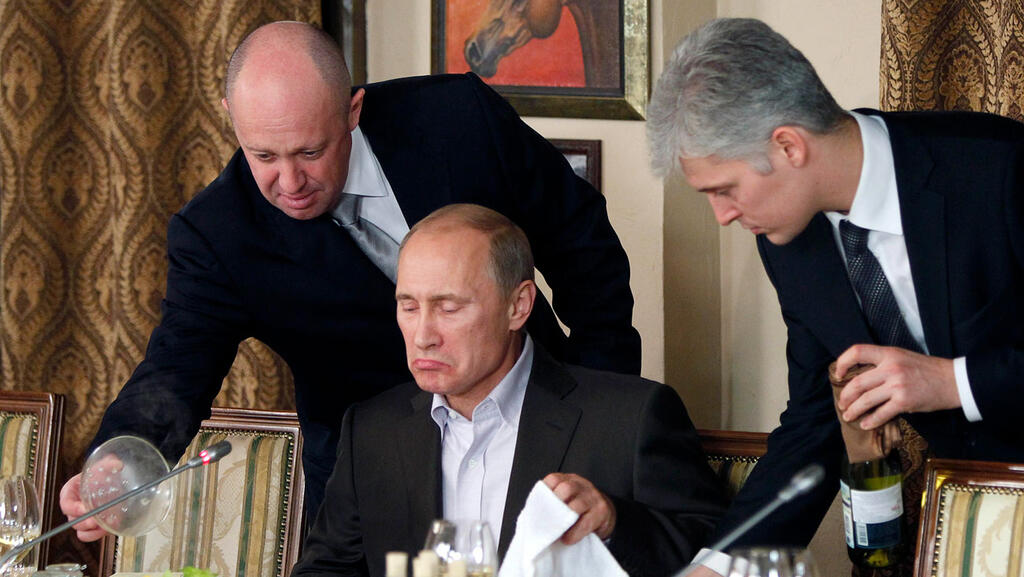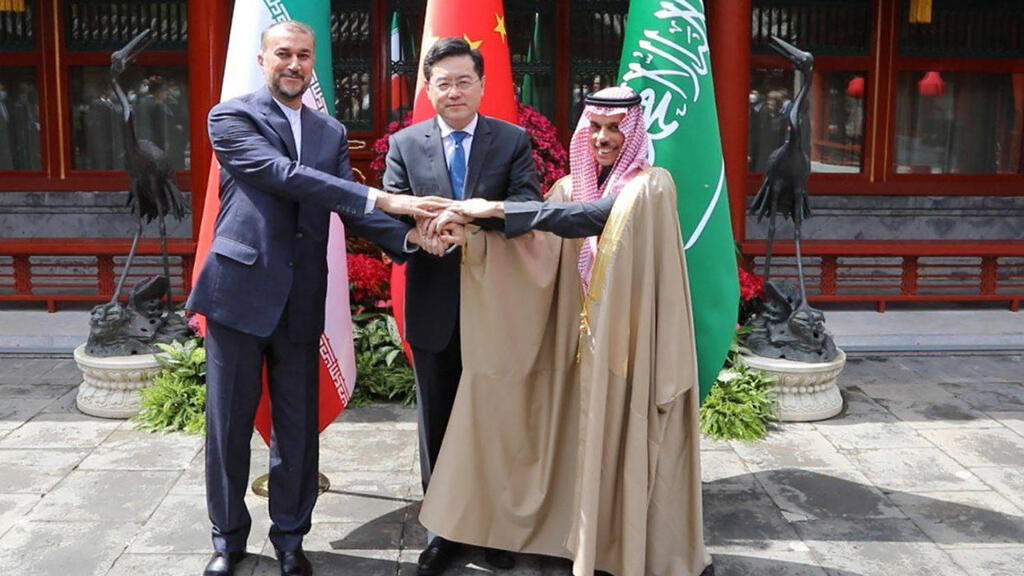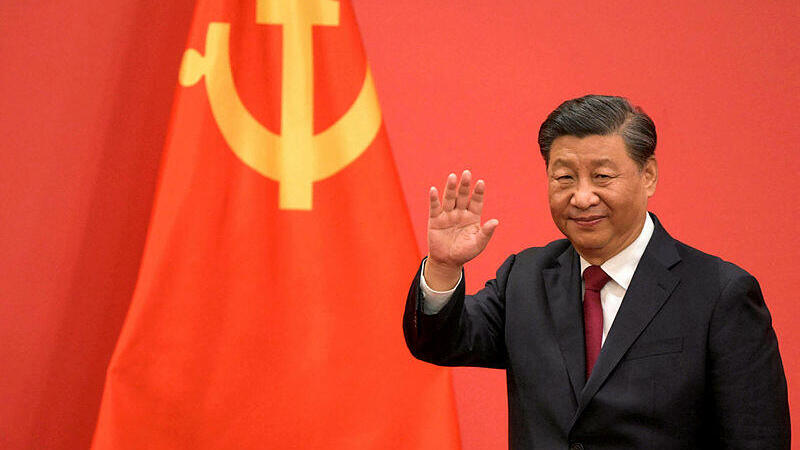Getting your Trinity Audio player ready...
The most immediate outcome of the short-lived mutiny of the Russian Wagner mercenary force is to transform the nature of the Ukraine war. From now on this is not a conflict about territory and the reshaping of the map of Europe. Rather it is about the political and even personal survival of Russia’s President Vladimir Putin.
Read more:
This could have a profound impact on the length to which Putin will go to secure a semblance of victory in the conflict. It may also lead Kyiv to assess that by pressing the campaign to liberate the area under Russian occupation, it would not only restore Ukraine’s territorial integrity but also help rid it of the main threat to its independence and sovereignty — Putin himself and his grand scheme of erecting a new Russian “empire.”
The episode dealt a severe blow to Putin’s strongman persona — the centerpiece of his entire political career which he carefully cultivated and missed no opportunity to project. Now, with this image in tatters, Putin’s future has never been in greater peril.
The drama in Russia must have been watched with great dismay in China.
While a weakened Putin could lead to even greater reliance on China’s support, political instability in Russia runs counter to Beijing’s core strategic interests. Even if China’s political stability is itself unaffected, a teetering Russia could herald the most tangible shift in the geopolitical world order in the West’s favor since the collapse of the Soviet Union.
There should be no doubt that a strong Russia allied with Beijing is a Chinese strategic interest. The linkage represents the fundamental element of the camp resisting Western “hegemonism” (which of late has welcomed Iran into its ranks). The alliance is a powerful restraint on the creeping expansion of NATO which could tip the East-West balance of powers. A strong Russia forces the U.S. to allocate major resources away from confronting China. Finally, a powerful united Sino-Russian bloc is a check on U.S. global “machinations.”
There is no doubt that the unrest in Russia has come at a most inopportune time for Beijing. China already faces significant strategic challenges in the Indo-Pacific region as President Xi Jinping’s muscular policies have unnerved Washington and its allies.
Last January the United States and Japan unveiled plans to strengthen security cooperation in the face of an “unprecedented” threat to the international order posed by China. Under the agreement, the U.S. would adjust its troop presence on the southern Japanese island of Okinawa in part to enhance anti-ship capabilities that would be needed in the event of a Chinese incursion into Taiwan or other hostile acts in the South or East China seas.
A month later the Philippines announced that it would allow rotating units of U.S. forces to indefinitely stay in four new Philippine military camps in addition to five local bases earlier designated under a 2014 Enhanced Defence Cooperation Agreement (EDCA
Locations for the new bases will include areas in the northern Philippines, which would provide U.S. forces with a well-situated staging ground close to southern China and Taiwan.
In early March 2023, the Pentagon said the U.S. State Department has approved the potential sale of $619 million worth of arms and equipment to Taiwan including 200 anti-aircraft Advanced Medium Range Air-to-Air Missiles (AMRAAM) for the island’s F-16 fleet and 100 AGM-88B HARM missiles that can take out land-based radar stations.
The announcement came as Taiwan reported a second day of large-scale Chinese air force incursions nearby.
Also in March, a three-nation deal was announced which would dramatically boost the Australian Navy’s strength and power projection capabilities. Accordingly, the agreement, which includes the U.S. and the UK, will have Australia buy up to five nuclear-powered Virginia-class submarines. Preparations will begin immediately for U.S. submarines to be permanently deployed to Perth in 2027. Subsequently, at the end of the 2030s, a new purpose-built class of submarines would be delivered to Australia. Reuters quoted an American official saying the vessel would be a British design and use American technology.
Indian Prime Minister Narendra Modi has just concluded a 3-day landmark state visit to the U.S. where the two countries cemented defense, economic, diplomatic and technological ties and called for observing the “rules of international order” in the Indo-Pacific region. In a speech to the U.S. Congress, Modi hailed the “limitless” potential of the two countries' partnership.
Even South Korea — a trade-dependent country (with trade constituting over 70% of GDP) and one which counts China as its largest trading partner ( 2022 exports to China totaled $156 billion) — is on a course that must be seen in Beijing as “unfriendly.” Thus, last May South Korean President Yoon Suk Yeol participated in the G-7 meeting in Japan where the focus was on ways to confront China’s “economic coercion” and “malign practices.”
Clearly, the containment of China has become Washington’s urgent priority and is being implemented expeditiously with the help of U.S. allies both in and out of theater.
Compared to this U.S.-led marshaling of forces, and in the wake of recent unrest, the much-vaunted "no-limits friendship" championed by Putin and Xi on February 4, 2022, could soon prove to be of very limited value to China. Indeed Beijing must now calculate how long the Russian bulwark against American “hegemonic” designs will continue to stand - How will the tremors in Russia embolden the U.S.?
The Wagner revolt is the latest indication that China’s geostrategy is in need of urgent rethink. Otherwise, Xi’s relentless drive for global preeminence will be remembered as having brought China disastrous geopolitical consequences, not unlike the catastrophic repercussions that Putin’s grand design brought to Russia.
Dr. Avigdor Haselkorn is a strategic analyst and the author of books, articles and op-eds on national security issues.




